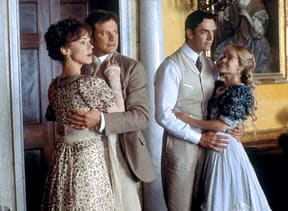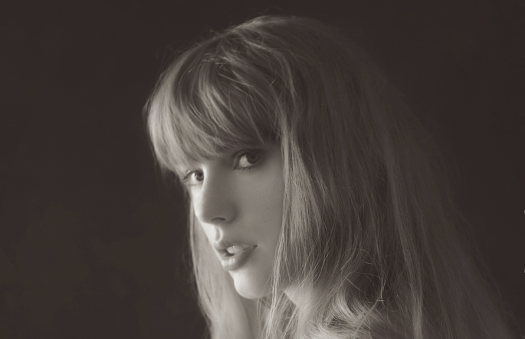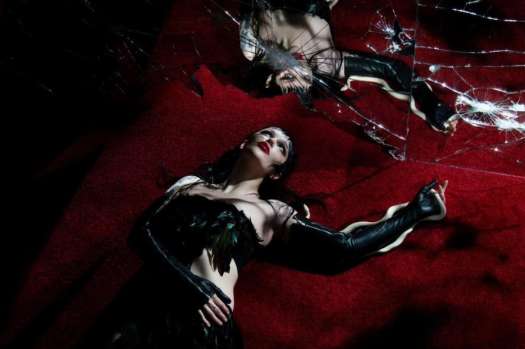Set in 1890s England, the film follows Jack Worthing (Colin Firth) as a reserved bachelor who enjoys a simple, responsible country life with his niece Cecily Cardew (Reese Witherspoon). Jack regularly makes trips to London where he must fix problems caused by his brother Ernest. The catch is Jack is Ernest. He assumes this alter ego on a regular basis so he can temporarily escape his mundane existence. While in London he meets his friend Algy Moncreef (Rupert Everett), a musically inclined gent with a knack for dodging bill collectors and visits the object of his affection, Gwendolen, who believes his name, is Ernest. When Jack proposes to Gwendolen (Frances O'Connor), she accepts. However, her mother Lady Bracknell (Dame Judi Dench) refuses to give her consent due to Jack's mysterious past. While Jack is preoccupied in London, Algy pays a visit to Cecily, where he introduces himself as Ernest, and learns that Cecily has long dreamed of marrying Jack's mysterious brother. What follows is a hilarious chain of events based on the false identities of Jack and Argy.
Based on the play by Oscar Wilde, director Oliver Parker simply plays to the strength of the humorous text, meaning a group of interesting characters played by respected actors exchange in witty banter. The cast, which also includes Tom Wilkinson as Reverend Canon Chasuble, all turn in competent, yet not outstanding performances. Firth and Everett exhibit some great chemistry, particularly in scenes where they argue over food - cucumber sandwiches and muffins - to be exact. Rupert gets the best line in the film though, when he says "The only way to treat a woman is to make love to her if she's pretty, and to someone else if she's plain."
Aside from the constant witty banter, the true star of the film is the beautiful setting; it was filmed on location in England. There is also some magnificent costume design. Other than that, the film is unexceptional. You'd be hard pressed to find more interest in this film, than in a community theatre group staging the play. At least it wasn't another dreaded Shakespeare film. For a film that proudly exclaimed in its television commercials "this isn't Jane Austin's England, this England is wild!" it sure could have been a little more unconventional. There are no surprises here, even when there is supposed to be, with the straightforward camera work and the actors committed to saying their lines with the best English accent they can muster (keep practicing Reese) the "wild" story falls flat.
Based on the play by Oscar Wilde, director Oliver Parker simply plays to the strength of the humorous text, meaning a group of interesting characters played by respected actors exchange in witty banter. The cast, which also includes Tom Wilkinson as Reverend Canon Chasuble, all turn in competent, yet not outstanding performances. Firth and Everett exhibit some great chemistry, particularly in scenes where they argue over food - cucumber sandwiches and muffins - to be exact. Rupert gets the best line in the film though, when he says "The only way to treat a woman is to make love to her if she's pretty, and to someone else if she's plain."
Aside from the constant witty banter, the true star of the film is the beautiful setting; it was filmed on location in England. There is also some magnificent costume design. Other than that, the film is unexceptional. You'd be hard pressed to find more interest in this film, than in a community theatre group staging the play. At least it wasn't another dreaded Shakespeare film. For a film that proudly exclaimed in its television commercials "this isn't Jane Austin's England, this England is wild!" it sure could have been a little more unconventional. There are no surprises here, even when there is supposed to be, with the straightforward camera work and the actors committed to saying their lines with the best English accent they can muster (keep practicing Reese) the "wild" story falls flat.




